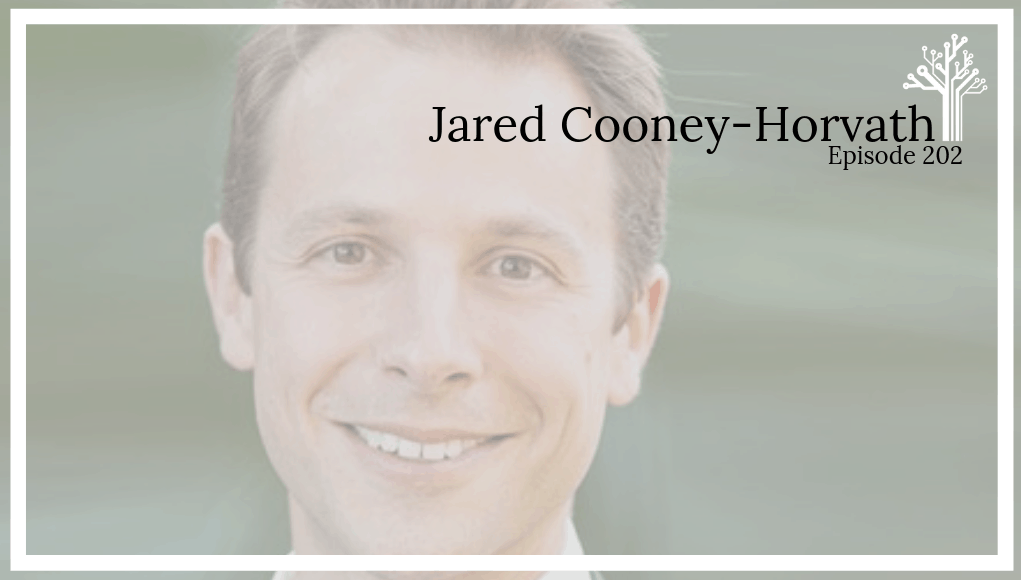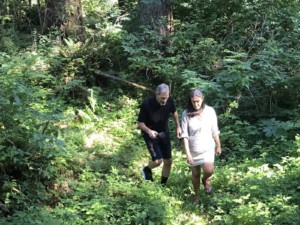Podcast: Jared Cooney-Horvath on Cognitive Neuroscience

This week we are speaking with Jared Cooney Horvath, a cognitive neuroscientist from the University of Melbourne. Jared specializes in human thought, learning, and brain stimulation, and holds the position of Director at both LME Global and The Science of Learning Group. He also has a new book titled, Stop Talking, Start Influencing: 12 Insights from Brain Science to Make Your Message Stick, that was just recently published in March of this year! It’s not only great for a general audience, but for educators as well — providing tons of key insights on the best ways to teach so that the learning will stick.
In the discussion, Jared takes Tom through the 12 insights in his book. He speaks about why multitasking is not beneficial, whether it’s better to read or to listen when learning, how accompanying images can help impact memory and learning, whether or not cramming works, the impact spacial layouts have on a learner, and why we should embrace errors. Beyond that, he shares many more of his findings through neuroscience around learning and education.
Key Takeaways:
[:47] Jared speaks about his early childhood education.
[1:21] Why did Jared originally study cinema at USC?
[2:11] When did Jared get the spark to begin studying education?
[3:00] Why did Jared decide to do his Ph.D. in Melbourne?
[3:55] Jared and Tom begin going through the 12 insights from Jared’s book, Stop Talking, Start Influencing, starting with the first: “Don’t try reading and listening to someone at the same time.”
[6:33] Jared and Tom discuss the second insight: the idea of having images to accompany speech and how it can help memory and learning.
[7:47] Is it better to read or to listen? Or does it depend on the learner?
[8:30] Jared speaks about the third insight around spacial layouts.
[9:43] Jared explains the fourth and twelfth insight around practice.
[12:12] Insight #5: does multitasking work?
[13:49] Jared explains insight #6 on interleaving skills.
[15:26] Would the idea of interleaving skills be beneficial for project-based learning in schools?
[19:00] Insight #8: why is recall important?
[20:17] Jared explains insight #9: reactivating facts or expectations.
[21:32] Tom and Jared discuss insight #10, which is about using stories.
[23:23] Insight #11: why moderate stress can actually be helpful.
[25:20] Lightning round! What’s better for learning: a lecture or a challenging activity?
[26:48] What is Jared’s favorite podcast?
[27:50] What’s a healthier brain activity: sleeping or running?
[28:10] What other neuroscientist and/or researchers is Jared learning from?
[28:49] What is next for Jared and his research?
[30:01] The power of relationships and community in learning.
[31:05] Jared’s recommendations for where to learn more online.
Mentioned in This Episode:
Jared Cooney Horvath (LinkedIn)
LME Global
The Science of Learning Group
Stop Talking, Start Influencing: 12 Insights from Brain Science to Make Your Message Stick,
by Jared Cooney Horvath
Revisionist History podcast
The Moth podcast
Jason Lodge (Professor at the University of Queensland)
ScienceofLearning.com.au: Jared’s Videos on his 12 Insights
For More See:
- 9 Lessons from Brain Science from Melina Uncapher
- Brain Research, Creativity and Project-Based Learning
- How Learning Works: 10 Research-Based Insights
Stay in-the-know with innovations in learning by signing up for the weekly Smart Update.






0 Comments
Leave a Comment
Your email address will not be published. All fields are required.